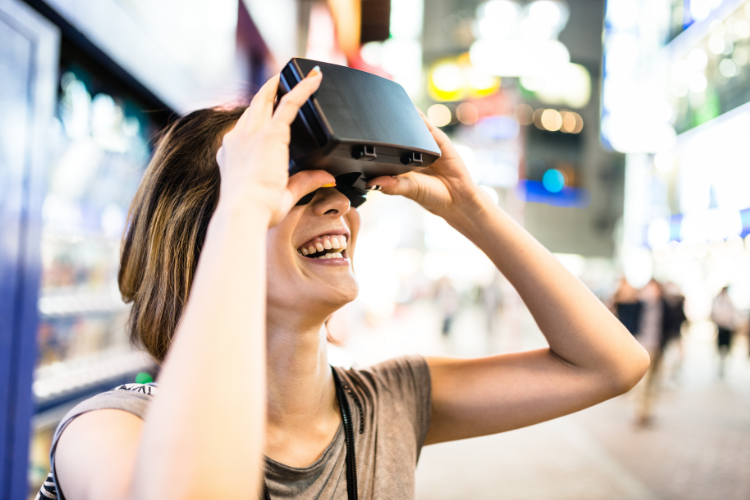“Impacto de la IA en Turismo y nuevas competencias profesionales del sector” (AI’s impact on tourism and new professional skills in the sector) was the title of a lecture offered by Jordi Ficapal, director of the Chair of Responsible Tourism and Innovation at HTSI. Ficapal’s lecture was part of a seminar organized by Node Garraf and the Town Council of Sitges.

“Impacto de la IA en Turismo y nuevas competencias profesionales del sector” (AI’s impact on tourism and new professional skills in the sector) was the title of a lecture offered by Jordi Ficapal, director of the Chair of Responsible Tourism and Innovation at HTSI. Ficapal’s lecture was part of La inteligencia Artificial (IA) en Turismo (artificial intelligence [AI] in tourism), a seminar on experiences and new trends organized by Node Garraf and the Town Council of Sitges.
Artificial intelligence, automation and digitalization have all blossomed during the pandemic. Areas with increased human interaction are being affected even more rapidly—things like tourism and recreation, personalized attention, and medical care.
Faced with this new reality, the Chair of Responsible Tourism and Hospitality at the School of Tourism Sant Ignasi “realized that the sector needed a guide to the most convenient solutions; right now, we’re working on analysing these solutions”, Ficapal announced.
The Chair is analysing initial challenges such as investment, legal contexts and the cost of training the people who will use these technologies. They are also considering their added value, which can be divided into three aspects: customer experience, improved data intelligence, and using socio-technical systems to save time and reduce costs.
The use of artificial intelligence in tourism is replacing some of the skills professionals need. Ficapal cited the pilot study “The Future of Digital, Green and Social Skills in Tourism” by Next Tourism Generation Alliance, an organization he is a part of. The study analyses the skills that will be required in 2030 by grouping them into five areas: food and beverage, tour operators, attractions, destination management and lodgings.
Among other things, this study analyses the gap between the current demand for skills and the future need for digitalization abilities in 2030—a differential of 25%.
Hybrid profiles
Ficapal emphasized the need for more hybrid professionals— “professionals who can understand AI and data settings without losing the added value of human interaction. We need people who know how to analyse these data and who know the tourism sector.” There is a need for professionals who know how to convert data into business opportunities or who improve users’ experiences.
Ficapal added that despite these changes, tourism will not cease to be a humanomic industry: AI will cheapen the cost of basic operations, leaving professionals free to complete human tasks with a high added value. Furthermore, advanced hospitality will be included in the co-creation of products and experiences through exclusivity.
The seminar provided an opportunity to delve into the opportunities and challenges posed by AI in the tourism sector: things like new product designs, a new understanding of operations and management, improved services, reconciling tourists and citizens or an improved adaptation of experiences, among others.










